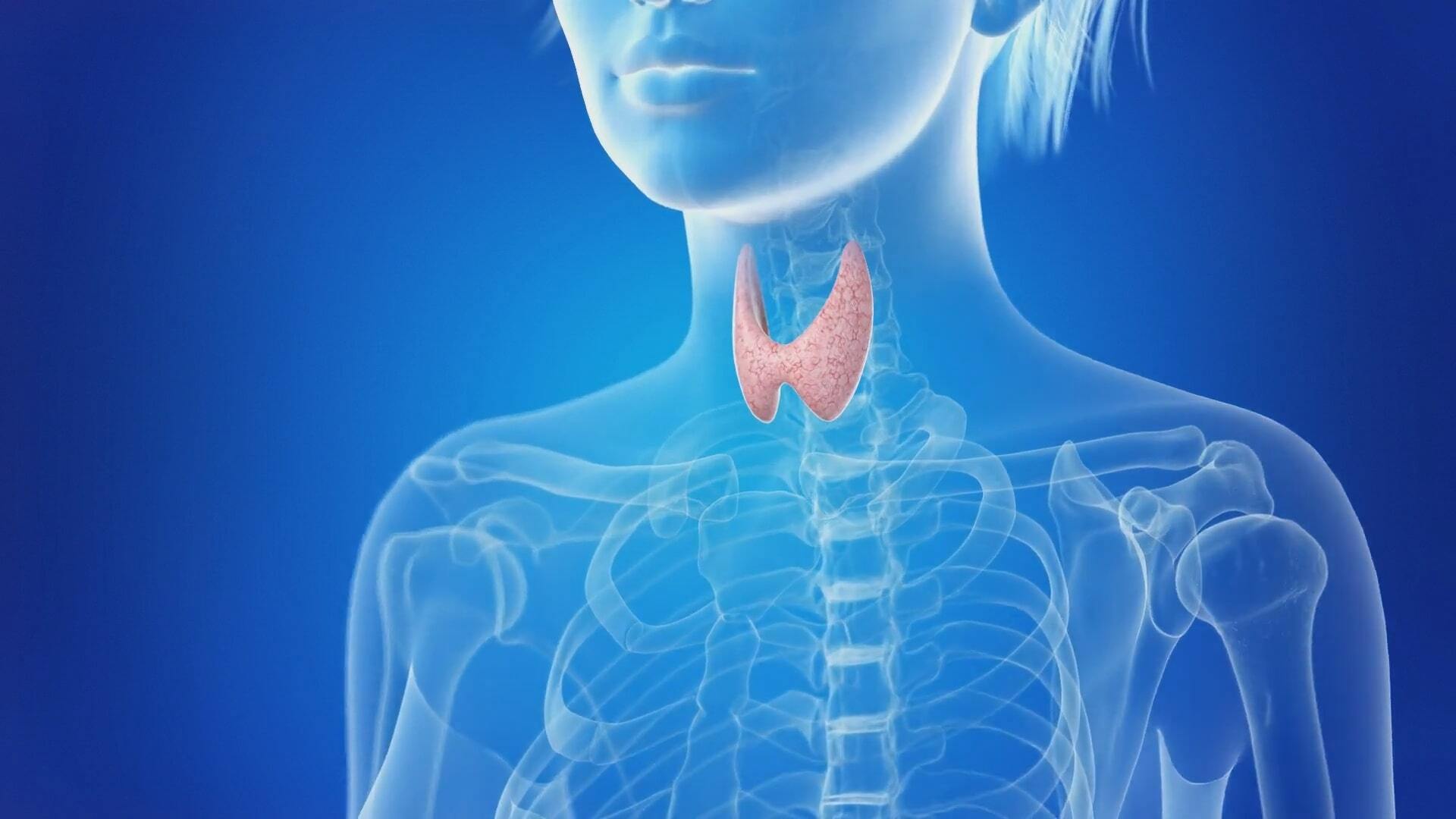
Thyroxine (T4) is a hormone produced by the thyroid gland, playing a crucial role in regulating metabolism, growth, and development. Ever wondered how this tiny molecule impacts your body? Thyroxine influences everything from heart rate to body temperature. It’s like the body's thermostat, ensuring everything runs smoothly. But what happens when T4 levels are off? Too much or too little can lead to various health issues, including weight changes, mood swings, and energy levels. Understanding thyroxine is essential for maintaining overall health. Ready to dive into some intriguing facts about this vital hormone? Let’s get started!
What is Thyroxine (T4)?
Thyroxine, also known as T4, is a crucial hormone produced by the thyroid gland. It plays a vital role in regulating metabolism, growth, and development. Here are some fascinating facts about this essential hormone.
-
Thyroxine is one of the two main hormones produced by the thyroid gland, the other being triiodothyronine (T3).
-
T4 is named for its four iodine atoms, which are essential for its function.
-
The thyroid gland, located in the neck, produces T4 in response to thyroid-stimulating hormone (TSH) from the pituitary gland.
-
T4 is converted into the more active T3 in various tissues throughout the body.
Functions of Thyroxine
Thyroxine has several critical functions in the body. Understanding these can help appreciate its importance.
-
T4 helps regulate the body's metabolic rate, influencing how fast or slow processes like heart rate and digestion occur.
-
It plays a role in maintaining body temperature by influencing the rate of energy production in cells.
-
Thyroxine is essential for normal growth and development, particularly in children.
-
It supports brain development and function, especially during fetal development and early childhood.
Thyroxine and Metabolism
Metabolism is the process by which the body converts food into energy. Thyroxine is a key player in this process.
-
T4 increases the basal metabolic rate, which is the amount of energy expended while at rest.
-
It stimulates the breakdown of fats, helping to regulate body weight.
-
Thyroxine enhances the absorption of carbohydrates, providing cells with a quick source of energy.
-
It influences protein synthesis, which is crucial for muscle growth and repair.
Thyroxine Levels and Health
Maintaining proper thyroxine levels is essential for overall health. Imbalances can lead to various health issues.
-
Hypothyroidism occurs when the thyroid gland doesn't produce enough T4, leading to symptoms like fatigue, weight gain, and depression.
-
Hyperthyroidism is the result of excessive T4 production, causing symptoms such as weight loss, rapid heartbeat, and anxiety.
-
Regular blood tests can measure T4 levels to diagnose thyroid disorders.
-
Treatment for thyroid imbalances often includes synthetic thyroxine to normalize hormone levels.
Interesting Facts About Thyroxine
Here are some lesser-known facts about thyroxine that highlight its complexity and importance.
-
The discovery of thyroxine dates back to the early 20th century, revolutionizing the understanding of thyroid function.
-
Thyroxine can be stored in the thyroid gland for several weeks, ensuring a steady supply.
-
Iodine deficiency is a common cause of low T4 levels, as iodine is a key component of the hormone.
-
Certain foods, like soy and cruciferous vegetables, can interfere with thyroxine production if consumed in large amounts.
Thyroxine in Medicine
Thyroxine has significant medical applications, particularly in treating thyroid disorders.
-
Synthetic thyroxine, known as levothyroxine, is commonly prescribed for hypothyroidism.
-
Levothyroxine is one of the most frequently prescribed medications worldwide.
-
Dosage of synthetic thyroxine must be carefully monitored to avoid side effects.
-
Some patients may require lifelong thyroxine replacement therapy.
Thyroxine and Lifestyle
Lifestyle factors can influence thyroxine levels and thyroid health.
-
Regular exercise can help maintain healthy thyroid function and improve metabolism.
-
A balanced diet rich in iodine, selenium, and zinc supports thyroid health.
-
Stress management techniques, such as meditation and yoga, can positively impact thyroid function.
Thyroxine's Role in Our Lives
Thyroxine, or T4, plays a huge role in keeping our bodies running smoothly. It helps control metabolism, growth, and development. Without the right amount of T4, our bodies can face issues like hypothyroidism or hyperthyroidism. These conditions can lead to symptoms like fatigue, weight changes, and mood swings.
Understanding T4's importance can help us appreciate how our thyroid gland works. Regular check-ups and blood tests can ensure our T4 levels stay balanced. If you ever feel off, it might be worth discussing your thyroid health with a doctor.
Remember, a healthy thyroid means a healthier you. Keep an eye on those T4 levels and stay informed about your body's needs. Knowledge is power, especially when it comes to our health.
Was this page helpful?
Our commitment to delivering trustworthy and engaging content is at the heart of what we do. Each fact on our site is contributed by real users like you, bringing a wealth of diverse insights and information. To ensure the highest standards of accuracy and reliability, our dedicated editors meticulously review each submission. This process guarantees that the facts we share are not only fascinating but also credible. Trust in our commitment to quality and authenticity as you explore and learn with us.


